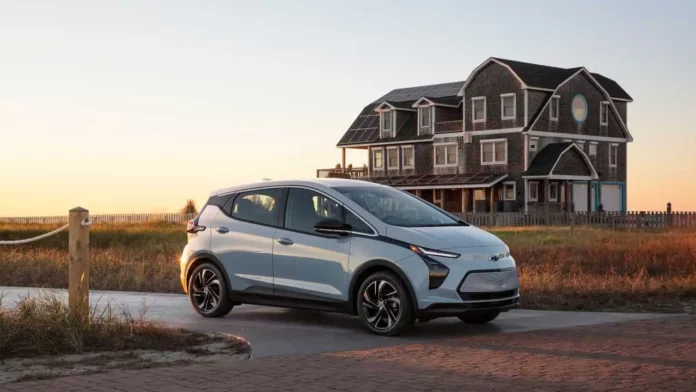Two days after the Delhi Cabinet agreed to extend the present framework until December 31, Delhi Transport Minister Kailash Gahlot stated on Monday that the Delhi electric vehicle (EV) policy 2.0 is likely to be finalized in a month.
“The EV Policy 2.0 project is nearing completion. The input from stakeholders and the general public is now being examined. In order to reduce the amount of car pollution contributing to the poor air quality in the capital, our goal is to implement a progressive strategy that promotes the continued use of electric vehicles, according to Gahlot.
Officials with knowledge of the situation predict that the policy, which offers incentives for converting conventionally fuel-powered vehicles to electric mode, will further encourage Delhi’s adoption of electric vehicles. According to them, the policy’s goal is to guarantee that, by 2030, every commercial vehicle employed by every kind of aggregator will be electric.
“It is imperative that they transition their whole fleet to electric vehicles, as commercial vehicles—which include ride-hailing and delivery services—are primarily run by aggregators and contribute significantly to air pollution,” an official who wished to remain anonymous stated.
The source went on to say that under the new framework, all of the incentives that are currently in place and being demonstrated by the current policy will probably continue. The Delhi government currently offers a number of incentives to encourage the purchase of electric cars: a waiver of road taxes, purchase incentives of up to ₹30,000 for two-wheelers, up to ₹5,500 for e-cycles, and up to ₹30,000 for light commercial vehicles and e-rickshaws.
According to the official, electric vehicles presently make up about 11% of all vehicles sold in Delhi. “There are currently about 4,500 private and public EV charging stations in Delhi,” the official stated, outlining the factors that contributed to the city’s rapid uptake of these cars.

The lieutenant governor’s office dismissed 400 “specialists” who were employed by the EV cell, the nodal center for EV policy implementation, according to sources from the Delhi government, which is why the new policy’s formulation was delayed. The professionals were fired, according to the LG’s office, since their hiring was done in a “non-transparent manner” and without the required consents from the relevant authorities.
The International Council on Clean Transportation’s managing director for India, Amit Bhatt, stated: “The Delhi EV policy has brought about a revolution in the adoption of electric vehicles, not only in Delhi but throughout the country.” Thus, it is imperative that this EV policy be continued in order to keep the momentum in favor of EVs. Keeping an eye on the finer points of the new strategy as it develops will be crucial. With the addition of trucks and other freight vehicles, the transportation sector may enter a new phase of decarbonization, in which Delhi can play a key role.
The beginning of the Delhi EV policy
One of the main initiatives of the Aam Aadmi Party (AAP) government in Delhi, the Delhi Electric Vehicle Policy was introduced on October 22, 2020, with the goal of reducing vehicle emissions and combating the city’s excessive air pollution levels. By implementing two significant modifications, the strategy aimed to attain this goal by bringing about a paradigm shift in the transportation industry in the Capital.
First, the state government started a significant transition from operating public buses powered by compressed natural gas (CNG) to electric buses. There are currently 800 electric buses in the Capital out of the 3,700 vehicles that the Delhi Transport Corporation (DTC) operates. In addition, the government has promised to replace the CNG buses that will be phased out of the fleet with entirely electric vehicles.
The second significant adjustment was offering subsidies to encourage people to convert to electric cars. By 2025, 25% of all newly registered cars in Delhi are expected to be electric, according to the policy.


